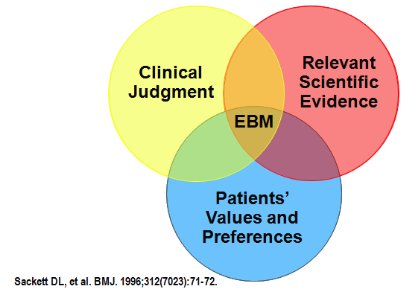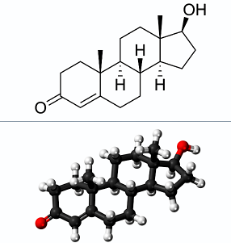


Banning gender-affirming care for trans youth is ‘unconscionable’
Illustrious academic groups clarifies their position: banning gender-affirming care for trans youth is ‘unconscionable’.
For many of us who have studied medicine or have an interest in epidemiology, the nameGordon Guyatt will be familiar. Guyatt was one of the authors of a key textbook for medical students of my generation, and a pioneer of what is now known as ‘evidence-based medicine’. Guyatt is one of the most respected academics on the planet, so when his illustrious group from Canada’s McMaster University agreed to perform systematic reviews of puberty blockers, gender-affirming hormones and top surgery, many of us were very excited.
Much of that excitement evaporated, however, on learning that Guyatt and his team were funded by the (misleadingly-named) Society for Evidence Based Gender Medicine,an anti-trans organisation that promotes the use of therapy and psychiatric medications over gender-affirming care. It’s notable that the treatment pathways proposed by the SEGM have absolutely no evidence base in trans populations.
The reviews, which analysed all the published literature on puberty blockers, gender-affirming hormones and top surgery were all expertly conducted using the highest standards of methodology and published in reputable journals throughout 2025. The reviews, as expected, showed that the quality of the available evidence was low, as has been found in the growing number of systematic reviews, and is well known by clinicians in this field.
Unsurprisingly, the publications of Guyatt and his team were misrepresented, misinterpreted and misused to harm trans youth and deny their access to gender-affirming care. Concerned by the problematic way their work has been used, these authors have felt compelled to make a strong statement about the weaponisation of their work, and clarify the role of research in the delivery of evidence-based, humane medical practice.
Some key parts of the statement include:
· Like the majority of what we do as physicians, the outcomes of specific aspects of care for transgender patients remain uncertain Following fundamental principles of humane medical practice, clinicians have an obligation to care for those in need, often in the context of shared decision making. It is unconscionable to forbid clinicians from delivering gender-affirming care.
· It is profoundly misguided to cast health care based on low-certainty evidence as bad care or as care driven by ideology, and low-certainty evidence as bad science
· Thus, forbidding delivery of gender-affirming care and limiting medical management options on the basis of low certainty evidence is a clear violation of the principles of evidence-based shared decision-making and is unconscionable.
· We write this in the hope that all those who use our work toinform the care of TGD patients receiving gender-affirming care, and those using our work in consideration of policy decisions, prioritize the delivery of compassionate and conscientious care that fully respects the autonomy of the TGD patient.
The authors explained that when they accepted this commission, they believed the SEGM to bea legitimately evidence-based organisation. They now confirm that they will never accept funding from the SEGM again, and made personal donations to Eagle Canada, whose litigation efforts have aimed to prevent restrictions to gender-affirming care for trans youth.
The statement is freely available and published on through McMaster’s substack. Reading it in full is strongly encouraged.
Geek Out Contributor: Dr Stuart Aitken, GHA Sexual Health Physician
.svg)



